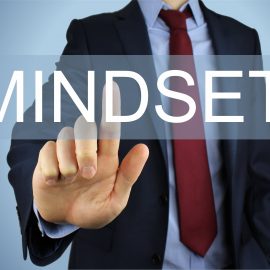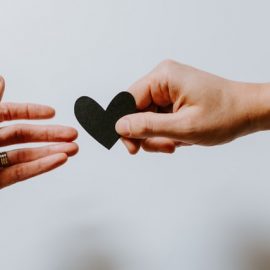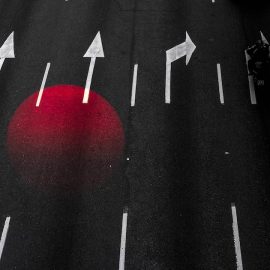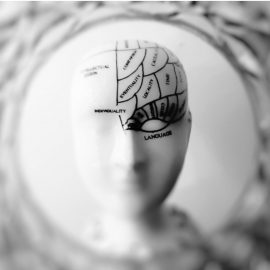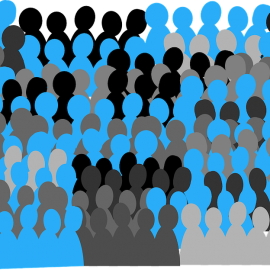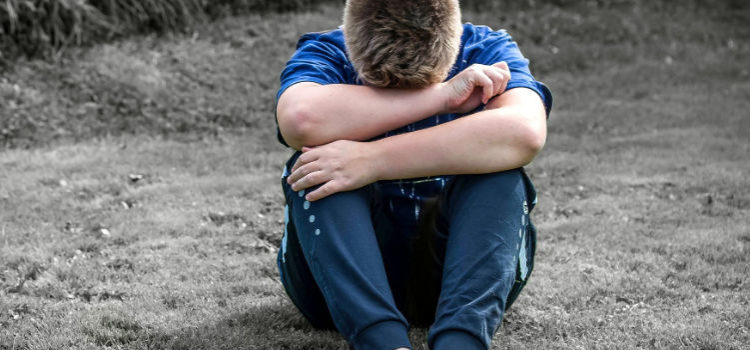
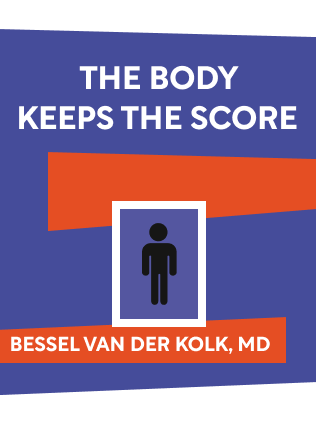
This article is an excerpt from the Shortform book guide to "The Body Keeps The Score" by Bessel van der Kolk. Shortform has the world's best summaries and analyses of books you should be reading.
Like this article? Sign up for a free trial here .
Are there different types of childhood trauma? How does childhood trauma explain issues people experience in adulthood?
There are numerous types of childhood trauma. Unfortunately, each of these traumas can have lifelong effects.
Read more about the different types of childhood trauma and how they can affect people in adulthood.
Many Types of Childhood Trauma Explain Adulthood Ailments
In 1990, a massive study of Adverse Childhood Experiences (known as the ACE study) revealed that childhood dysfunction and t
Types of childhood trauma — including abuse, neglect, and parental absence — are highly correlated with mental, emotional, and physical problems later in life.
First, the researchers found that so-called adverse experiences are seldom isolated; if you have a parent in prison or witness your mother being abused, other issues are also present. And the more of these adverse experiences are present, the higher the so-called ACE score, and the worse the effects in many types of childhood trauma.
Patients who had higher ACE scores were more likely to have
- Behavioral and academic problems in school
- Financial troubles in adulthood
- Lower lifetime income
- Chronic depression
- Suicide attempts
- Substance abuse problems
- Health problems, including chronic obstructive pulmonary disease, ischemic heart disease, liver disease, cancer, and emphysema
One of the researchers in the ACE study, Vincent Felitti, saw a pattern in his own work of morbidly obese patients who had suffered childhood incest and other traumas. He determined that for these patients, they had become obese as a solution to their traumas, because it made them feel safer to be physically larger or to be considered less attractive.
Without understanding the root of the patients’ obesity, doctors look at the solution they developed years ago as the problem. This misunderstanding leads most of these patients to ultimately fail in their weight-loss efforts (or gain the weight right back); the same often happens in addiction recovery, because the addiction is covering up the real issues.
Nurture Trumps Nature in Childhood Development
With many types of childhood trauma, looking at children who have severe behavior issues as a result of abuse, there are elements of both nature and nurture; life experiences can affect your genes, making them react differently to emotions and experiences. In other words, stressful experiences can make you more susceptible to subsequent stress. (The genetic modifications that result from life events can also be passed on to your children, which is known as epigenetics.)
What’s more, these trauma-cased genetic modifications can have a stronger influence on behavior than pre-existing genetic abnormalities, meaning that the role of nurture is at least as strong as nature.
In a study of rhesus monkeys (which have 95 percent of their genes in common with humans) researchers observed monkeys with anxious and aggressive personality types — born with abnormal levels of arousal, stress hormones, and brain chemicals — and found that the monkeys’ genes affected their behavior and social interactions into adulthood. However, they also observed that if monkeys with no genetic predispositions were raised away from their mothers, they developed abnormalities that were even more severe than their genetically predisposed peers.
A long-term study of (human) children and families found similar results. Starting in 1975, researcher Alan Sroufe followed 180 families through the Minnesota Longitudinal Study of Risk and Adaptation, beginning three months before first-time mothers had their babies and checking in periodically for 30 years. The study found that the biggest factor in whether a child developed behavioral problems later in life was the parent-child relationship — more than the mother’s personality or the baby’s brain abnormalities, IQ, or temperament.
Various programs have invested in supporting families to provide safe, nurturing, stimulating environments for children, and economists calculate it more than pays itself off by reducing the number of those children who later end up incarcerated, seek public assistance, and need assistance with healthcare costs or substance abuse treatment programs.
Tktkt incest study
One of the types of childhood trauma is sexual abuse and incest. In a study of the impact of incest on young girls, researchers observed 84 sexually abused girls, as well as a control group of 82 non-abused girls, over the course of 20 years, starting around the age of 11. The girls who’d been abused abuse suffered from depression, dissociation, cognitive deficits, self-mutilation, high rates of obesity, social issues, and early sexual development. The abused girls largely shut down and became numb; they didn’t respond to distress in a normal way, and therefore failed to protect themselves or alert others that they needed help.

———End of Preview———
Like what you just read? Read the rest of the world's best book summary and analysis of Bessel van der Kolk's "The Body Keeps The Score" at Shortform .
Here's what you'll find in our full The Body Keeps The Score summary :
- How your past trauma might change your brain and body
- What you can do to help your brain and body heal
- Why some trauma survivors can't recognize themselves in the mirror

